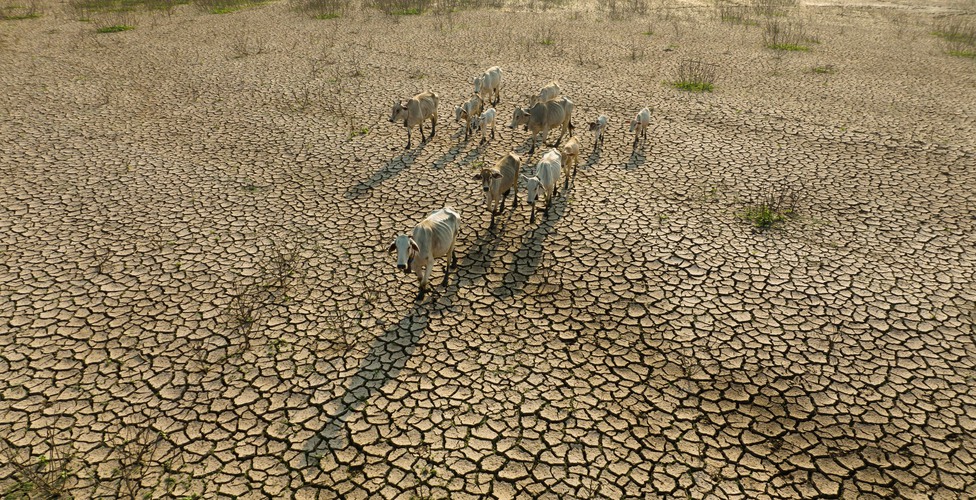Despite climate-driven migration becoming more common, socioeconomic factors still play a crucial role in people's decisions to flee, according to a newly published study. Research conducted at the University of Skövde, in collaboration with several international institutions, demonstrates how AI can predict future migration and support vulnerable communities due to climate change.

Agricultural-dependent regions are severely affected by climate-related events such as droughts and floods.
Each year, millions of people are forced to leave their homes due to climate-related events such as droughts and floods. This is particularly true for regions heavily dependent on agriculture. However, despite the influence of the climate, socioeconomic factors often play a greater role in determining whether someone migrates.
In a new study, researchers from the University of Skövde, among others, have utilised AI and machine learning to analyse large datasets and identify the most influential factors affecting migration.
AI Technology Reveals Complex Patterns
"By using AI, we have been able to analyse a wide range of factors such as age, gender, education level, social networks, infrastructure, and support measures, as well as climate data, to provide a more nuanced picture of who is likely to migrate and when," says Juhee Bae, Senior Lecturer in Informatics at the University of Skövde and one of the researchers behind the study.
The study reveals, among other things, that climate-related events such as prolonged droughts or severe floods are strongly linked to international migration. In contrast less severe climate stressors are more likely to result in internal migration within a country. It also shows that younger and middle-aged men, as well as individuals with relatives or friends abroad, are more likely to consider migrating when weather conditions worsen.
"AI helps us identify patterns that are difficult to detect with traditional methods. This is an important step towards predicting future migration and thereby providing vulnerable communities with better tools to manage the impacts of climate change," continues Juhee Bae.
AI Enhances Decision-Making
By combining socioeconomic data with weather data, AI models can predict which communities are most vulnerable. This can assist decision-makers and countries in developing strategies to support at-risk areas.
"The study offers valuable information that can help governments and international organisations develop strategies to address climate-related migration. By using relevant data, it is possible to predict which areas are most vulnerable to extreme weather events and plan measures in advance," says Juhee Bae.
More about the Study
The article Impact of Weather Factors on Migration Intention Using Machine Learning Algorithms was published in the journal Operations Research Forum. It is based on data collected from six West African countries: Burkina Faso, Côte d'Ivoire, Mali, Mauritania, Niger, and Senegal.
The article was published by researchers from the University of Skövde, the University of Abomey-Calavi (Benin), the University of Rennes 1 (France), and the Catholic University of Louvain (Belgium).


